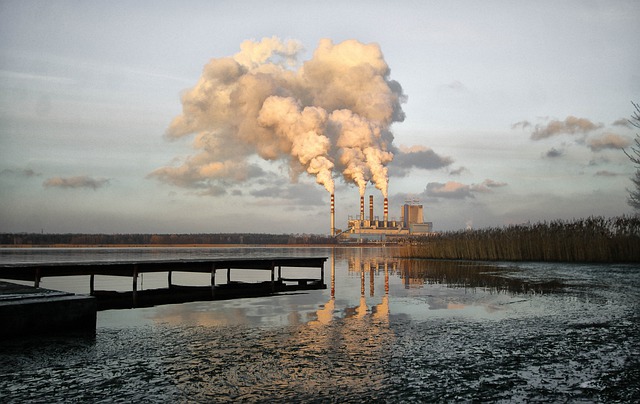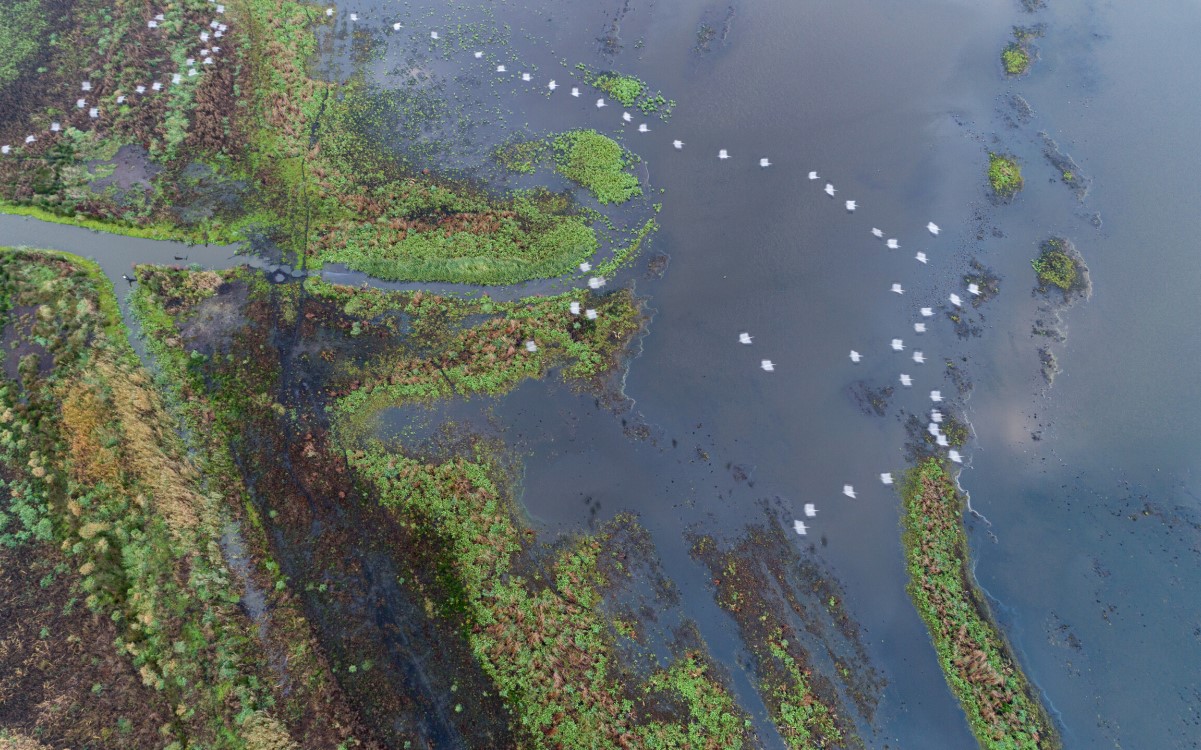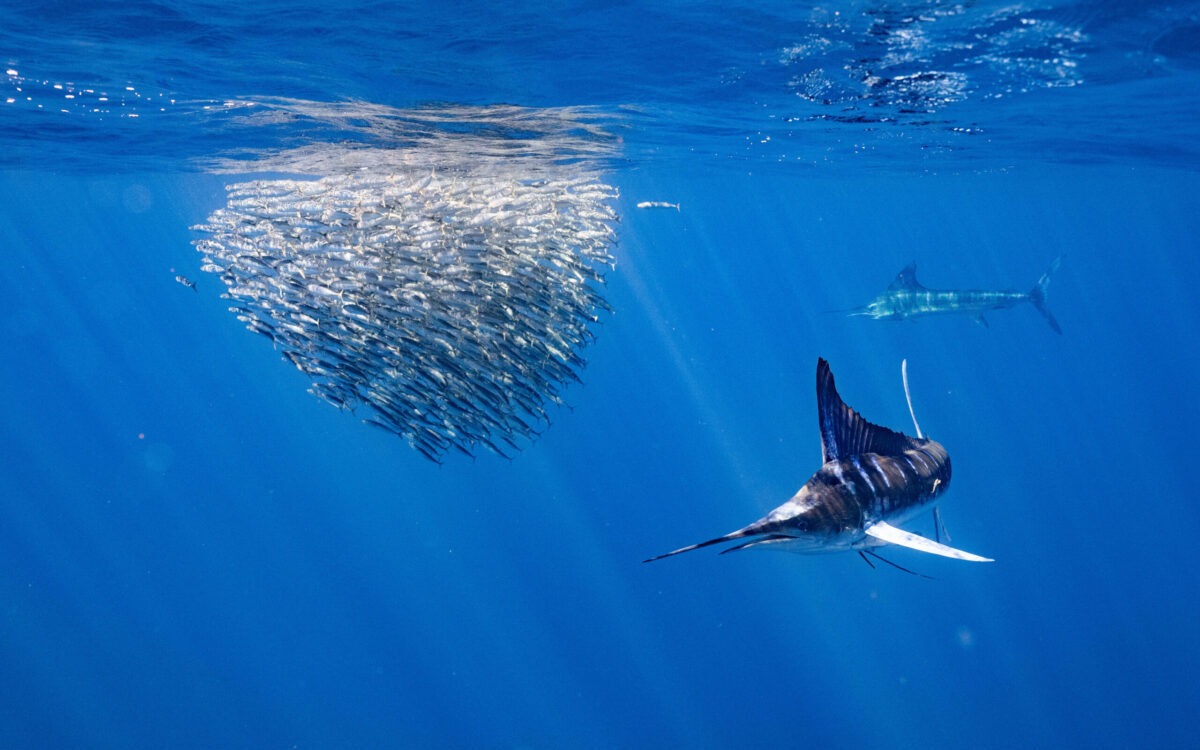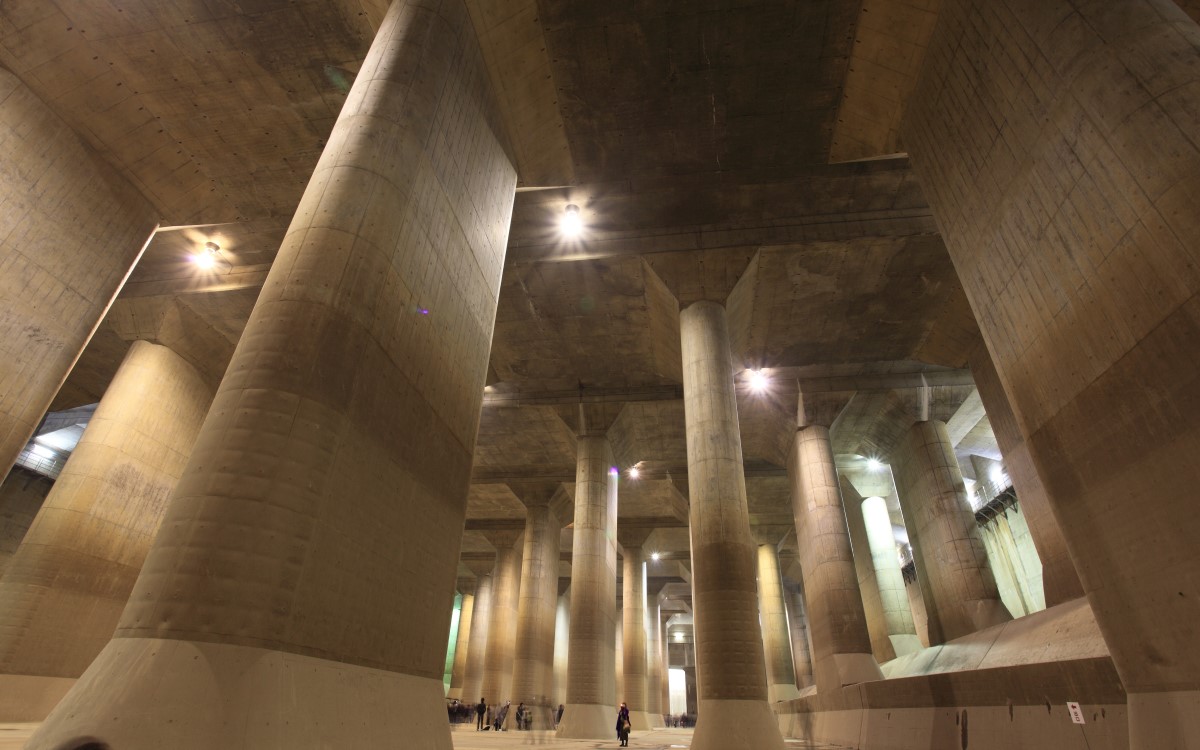The other areas are sustainable chemical process technologies and solid waste management technologies (electronic, electrical, biomedical, industrial and urban solid waste).
This call for proposals is aimed at supporting joint R&D&I (research and development and innovation) projects of industrial relevance by means of “2+2 Mode of Partnership”. “2+2 Mode of Partnership” refers to projects with the participation of at least one German and one Indian research institution as well as one German and one Indian industry partner.
Ongoing water research projects
At present, research projects that focus on water and waste water infrastructure, the coupling of energy and water, and the detection of contaminants and pathogens are running.
The project SMART&WISE aims at supporting the implementation of reliable and sustainable water and wastewater infrastructure systems with added value for smart cities. This should be achieved by developing systematic planning methods and tools, e.g. automated planning based on mathematical optimisation to improve conventional sewerage system planning with incomplete planning data base.
IDC-Water focusses on the integrated diagnostics of contaminants in water supply and management system. In detail, a system for monitoring water quality in terms of specific bacterial cell/DNA and pharmaceutical residues will be developed. The systems are based on capturing and detecting the contaminants by means of microfluidic cartridges.
ECO-WET deals with efficient coupling of water and energy technologies for smart sustainable cities. The research includes the development of advanced techniques to conserve water and the implementation of renewable energy resources and smart devices to meet the increasing electricity demand of the population. Within the coupling of water and energy, water pumps can be made operational to create a balance of energy demand and supply in the electrical distribution network.
A multiplexed, label-free fibre optic biosensor array system for waterborne pathogen detection is the aim of the project Multi-WAP. The ambition of the project partners is to develop an optical absorbance biosensor for continuous monitoring faecal pathogens present in water at low cost and high sensitivity.
The project CANDECT addresses cluster-composite nanofiber membranes for rapid, ultra-trace detection of waterborne contaminants. Emphasis is on dissolved inorganic substances like arsenic, chromate, fluoride, uranium, nitrate or strontium and on organic molecules like pesticides, plasticizers, pharmaceuticals, alkylphenols and endocrine disruptors. Monitoring equipment is to be applicable for concentrations in the range of water guidelines values, which are usually in the ppb (µg/l) region.
About the IGSTC
The Indo-German Science & Technology Centre (IGSTC), established by the Department of Science and Technology (DST), Government of India, and the Federal Ministry of Education and Research (BMBF), Government of Germany facilitates Indo-German R&D&I networking through substantive interactions among government, academia/research system and industry to foster innovation for the overall economic and societal developments of both the countries.
Further information: www.igstc.org




